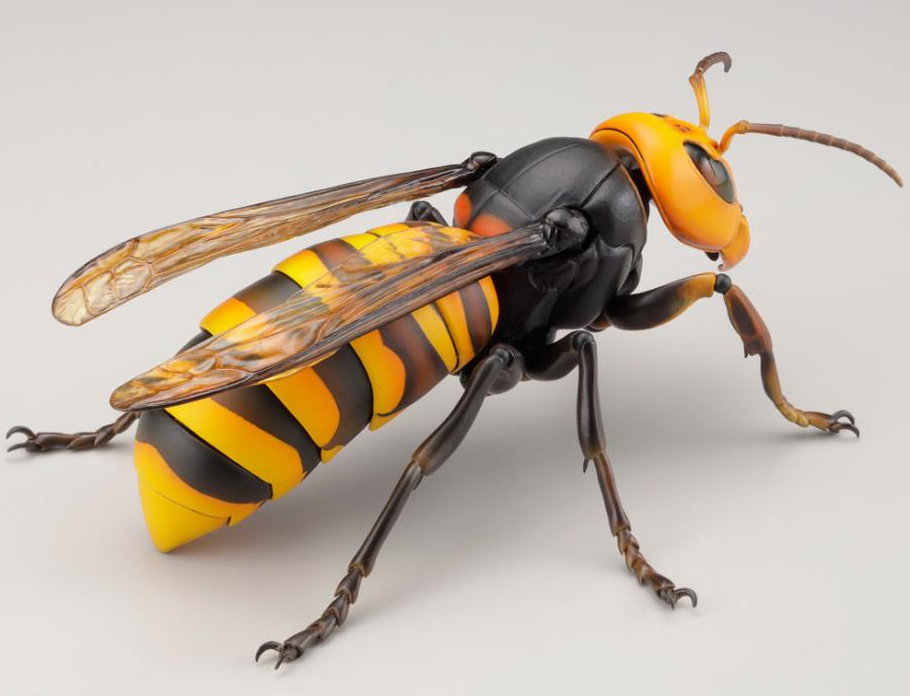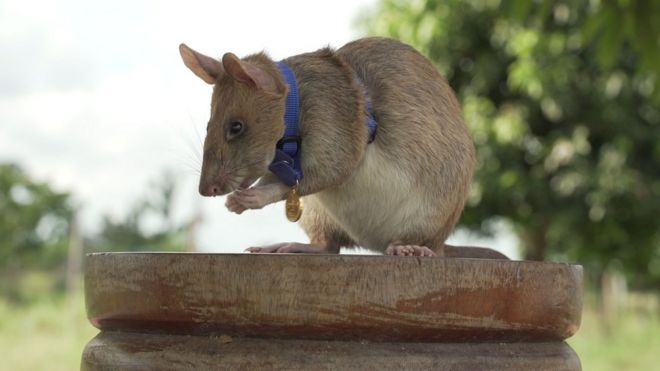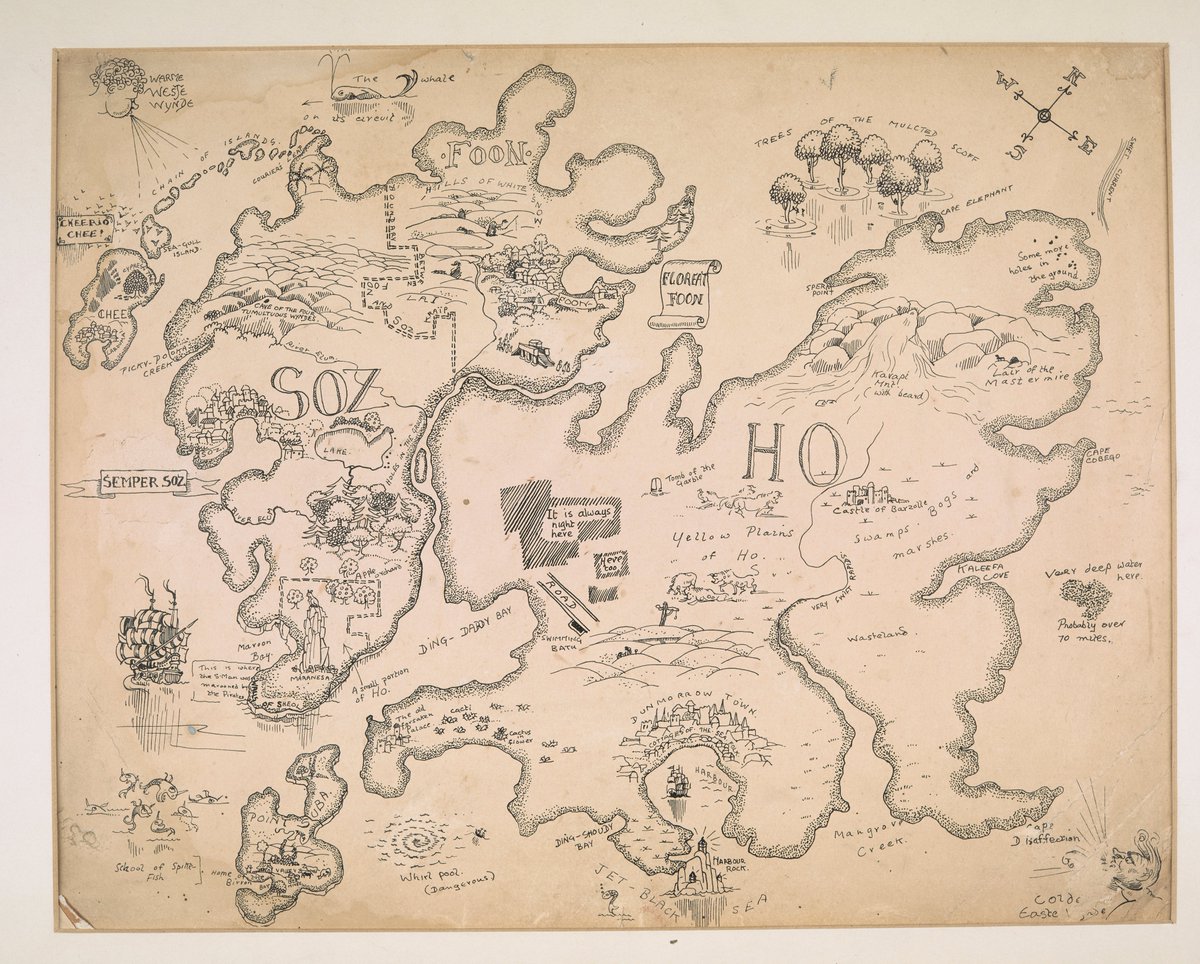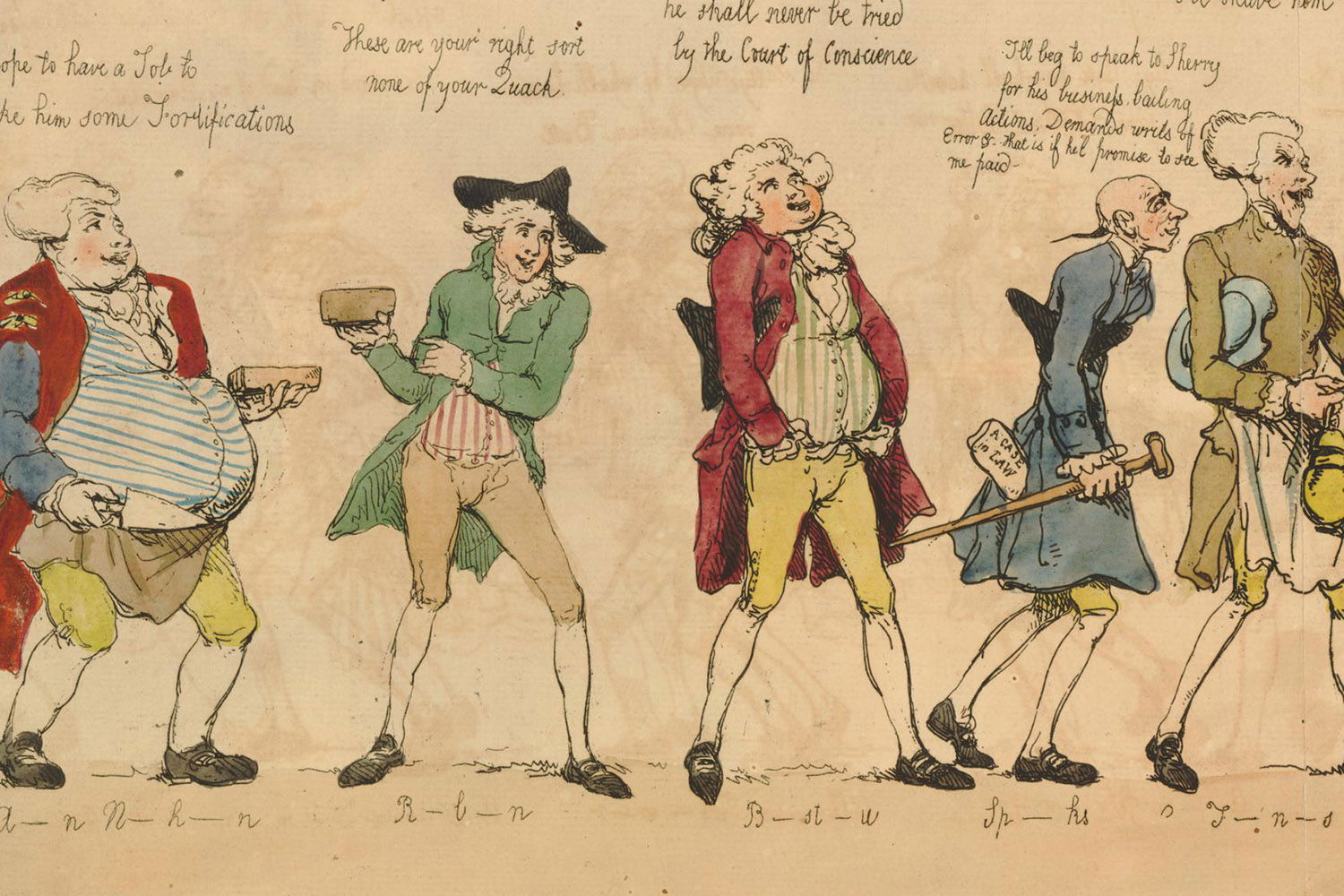Once more unto the breach, dear comrades, to bring you this month’s selection of links to items you may have missed the first time round. And an e-glass of e-ale to anyone who can knit the links into a coat of mail!
Science, Technology, Natural World
Let’s begin with another look at why wasps are so annoying, but yet so useful.

Oh and for anyone wanting to scare their visitors, you can buy a roughly five times life-size model of an Asian Giant Hornet (aka. “murder hornet”).
If you never understood why mathematics is so fascinating, take a look at odd perfect numbers. [LONG READ]
And changing topic again, scientists think they’ve found phosphine gas in Venus’ upper atmosphere, and say this could be a sign of life (albeit microbial life). Meanwhile Derek Lowe explains about phosphine but remains somewhat sceptical of the latest results.
Health, Medicine
The logistics around distribution of any vaccine (well any drug really) are complex, especially when one gets into the realm of Cold Chain Distribution.
But then we need to keep our feet in the real world as no vaccine will work by magic and return us to normality.
Girls: have you ever needed to pee standing up and envied us men our flexible hose? If so, the Shewee may be your friend.
Environment
Rewilding as an environment improvement method is taking time to get going, but not if one maverick Devon farmer has anything to do with it.
Social Sciences, Business, Law
So who thinks Scottish bank notes are legal tender in England? Spoiler: they aren’t! And what is legal tender anyway?
History, Archaeology, Anthropology
There’s some new archaeology at Pompeii which is uncovering more of its past.
Medieval sermons were one of the most effective and wide-reaching forms of propaganda, but that only works if they are in the vernacular. [LONG READ]
The people of medieval Europe were devoted to their dogs. [LONG READ]

Transport until the early part of the 20th century was largely dependent on the horse: either being ridden or pulling a wagon of some description. Here’s a look at horse transport in Victorian times.
Lifestyle, Personal Development, Beliefs
Oliver Burkeman, writing his last regular column for the Guardian, talks about his eight secrets for a fulfilled life.
If you’re dreading a long, dark winter lockdown, then maybe the Norwegians have something for you.
So what does your cat mean by “miaow”? A Japanese vet is apparently earning a fortune telling people what their cats are saying. Personally I thought we had a fairly good idea!
Shock, Horror, Humour, Wow!
Magawa, an African giant pouched rat, has been awarded a gold medal for his work detecting landmines in Cambodia. I must say he’s a rather handsome animal, and well deserving of his apparently upcoming retirement.

And finally, what is the connexion between frozen shit and narcissists’ eyebrows? Yes, of course, it’s this year’s Ig Nobel prizes.








 So how old is the
So how old is the 










 Katherine Rowland talked to 120
Katherine Rowland talked to 120 


